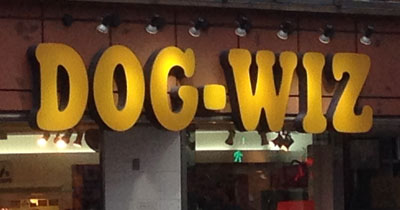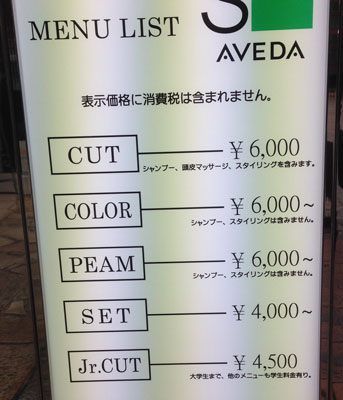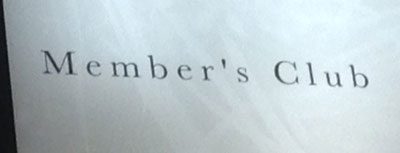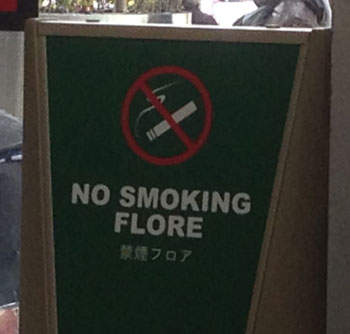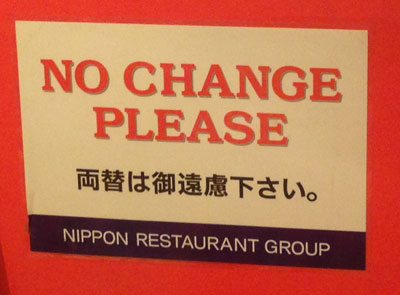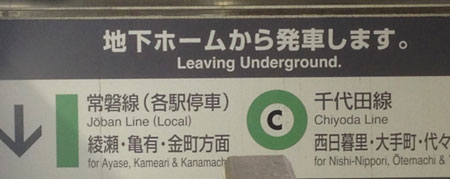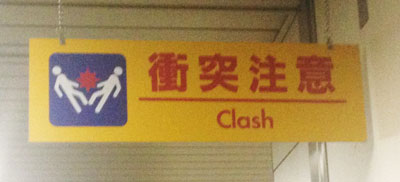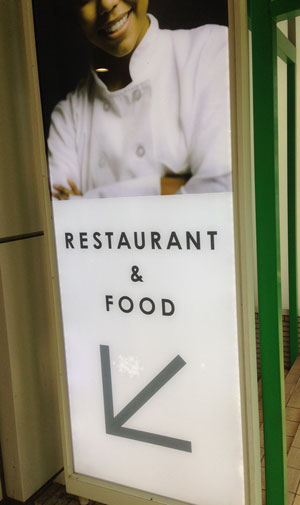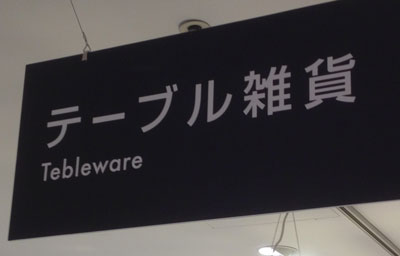
X Monthly Parking is Being Recruite
Tim says:
It’s clear that someone left off the “d” at the end of the last word. However, that’s not the only problem with this sign.
“Monthly parking” is not being recruited. People who will USE the parking lot are being recruited! They need cars, not parking spaces!
While you could say “Now recruiting people to rent our monthly parking spots”, it would be more natural English to say:
O Monthly Parking Spaces Now Available
周囲にある英語を見て、果たしてそれが正しい英語なのだろうかと感じる英語はありますか?「あの英語は絶対に間違っている」という英語の表記はありますか?看板の写真を撮って、Machigai.comに送りましょう!とんでもない英語だったら、このコーナーで出します!




